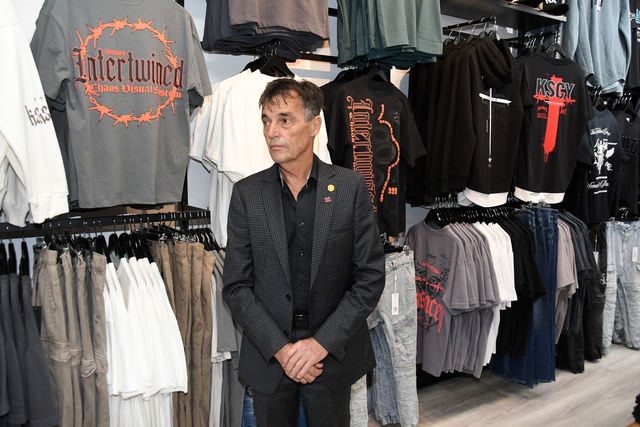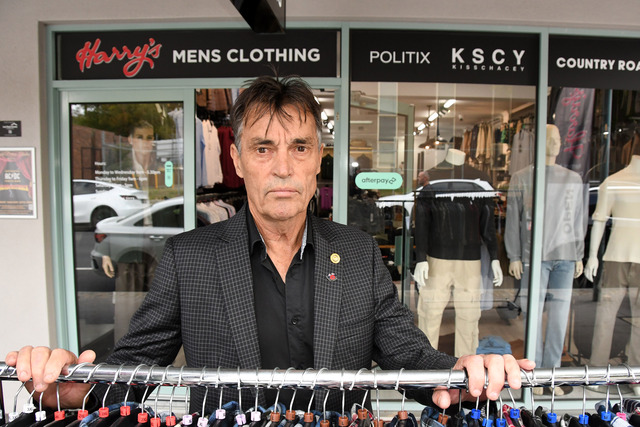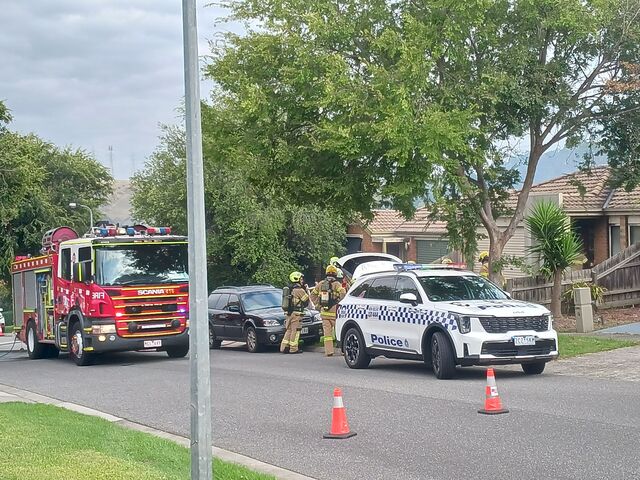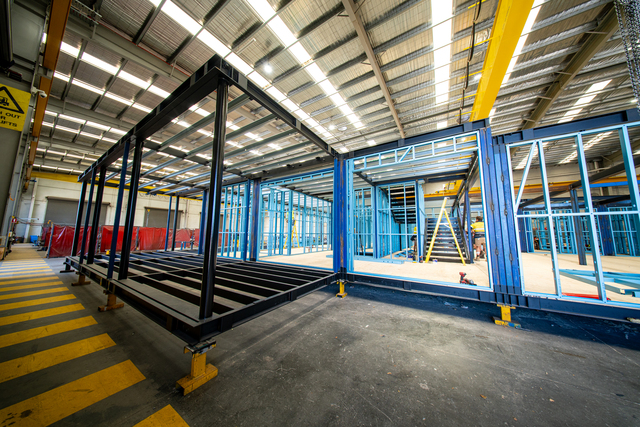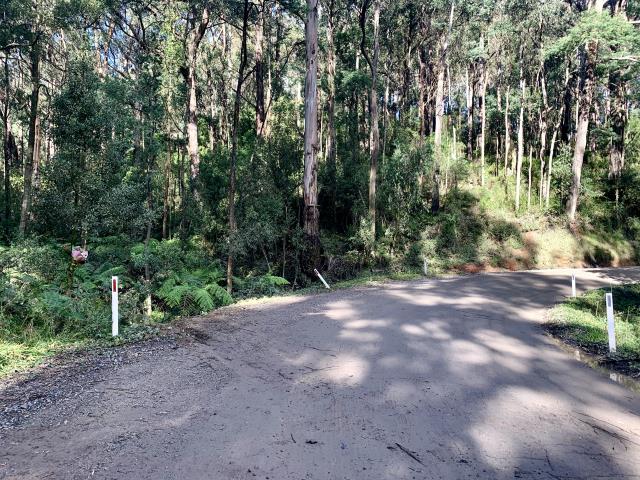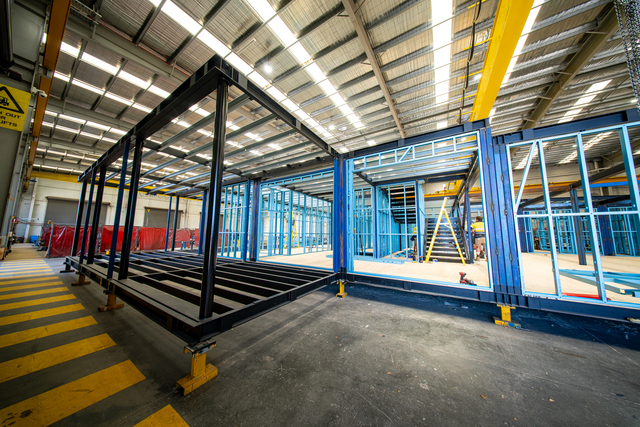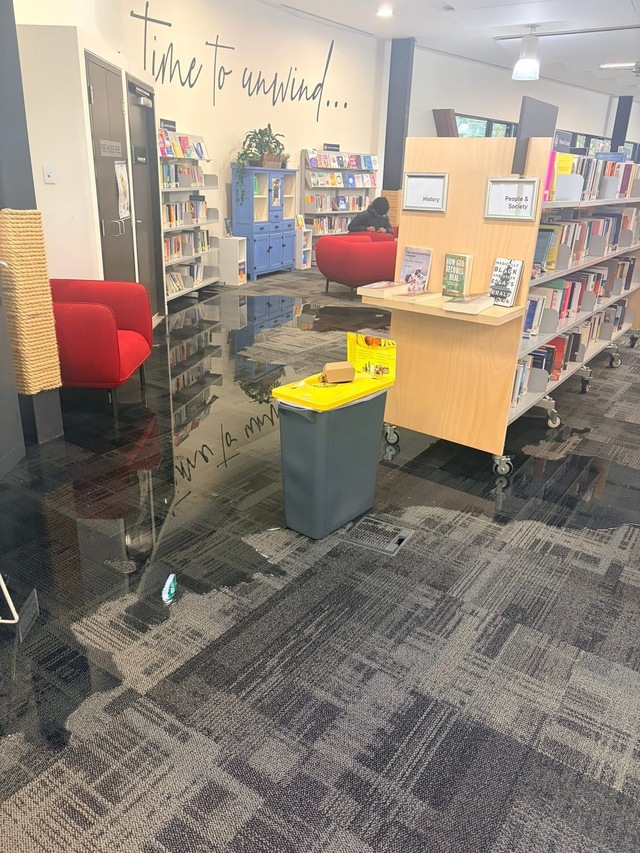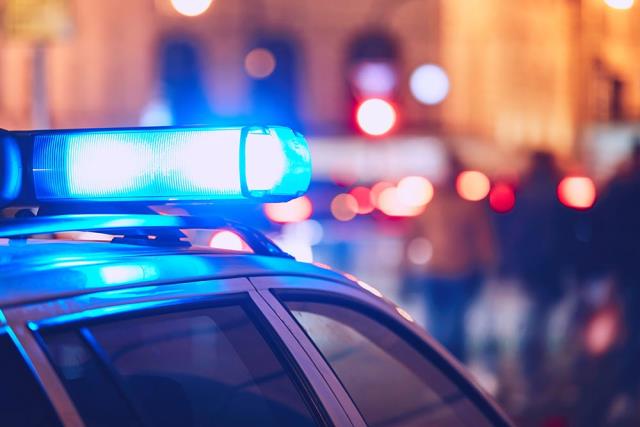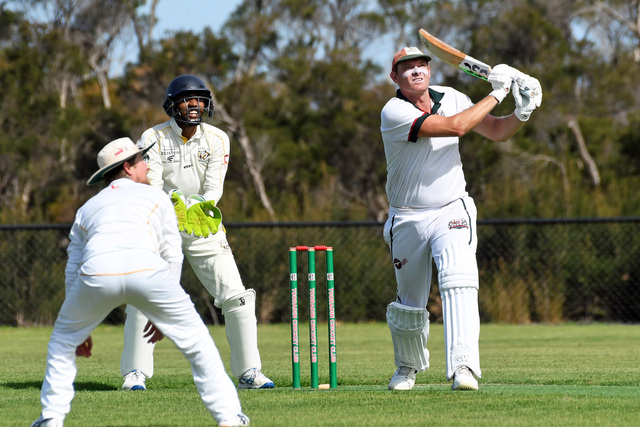Business owner Harry Hutchinson endured nine break-ins and spent six months sleeping in his store to protect it, with no charges laid and the investigation now “dead in the water”.
Despite this, he is slowly rebuilding Harry’s Clothing at a new site on High Street Berwick.
With only three employees—Harry, Mel, and Zayn—the emotional and financial toll fell heaviest on Harry.
“It affected my sleeping pattern – I was in bed by 10, and I’d be up at midnight, and I’d come down to the shop, and I would stay here till 6am,” Harry said.
“My family did get into my ear about it and later on I took their advice—realising they were right, and I was the one most likely to get hurt if I continued sleeping there.
“I had no appetite for food. I just wasn’t hungry at all. I felt like I couldn’t eat food, so I dropped quite a bit of weight.”
The business faced nine break-ins in 12 months at Blackburne Square, mostly between 2-6 am, triggered by alarm alerts.
“As soon as the phone rang, I knew I had a break-in and came to the shop immediately,” Harry said.
“Every day, before I went to bed, I used to lay out clothes that I could just jump into and be ready to run down.”
The offenders were in and out within 6–7 minutes, stealing mostly men’s clothing and high-demand stock. On average, each break-in caused $4,000–$5,000 in stock losses.
“When you see them on footage, they’re lightning quick. They just grab things,” he said.
“We never got any of the stock back and I had to pay to restock everything each time.”
The break-ins caused not only stock losses but also significant property damage as offenders used a hammer to smash the windows without gaining entry.
After the third break-in, the insurance company dropped coverage, leaving Harry to cover the costs himself. He later secured new insurance, but with a 12-month probation period where any break-in would void it.
This ongoing damage and the deterioration of the store’s appearance became a key reason for relocating the business.
“We had to replace the glass, one after the other. In the end, the landlord just left it boarded up. It looked like it’d come out of a war zone. It wasn’t appealing covering the windows so I had to leave,” Harry said.
He experienced further financial challenges when he underestimated the cost of relocating, expecting the move to cost around $50,000, but it ended up totaling $70,000.
“I had to restart my business again in a time where businesses were falling down everywhere because of the high cost of living and people weren’t spending,” he said.
“At the end of the day, I had made the right decision. We haven’t had any break-ins since we moved location.”
At High Street, Harry started displaying less attractive items, like “boring stuff,“ at the front of the shop to deter potential break-ins, instead of the more appealing men’s clothing he had previously displayed.
Even after moving to the new location, he continues to be affected by the trauma of previous break-ins.
He became paranoid and felt unsafe, sleeping in the shop for over two months after the move. He still has a quick-change routine for phone calls and has changed his ringtone twice, as the sound of the phone ringing triggers thoughts of a robbery.
While he’s gained back the weight he lost and can now leave for weekends, he admits he’s only starting to regain his confidence at the new location.
Harry is calling on business owners, particularly those on High Street, to take responsibility for securing their premises by installing their own cameras.
“You would be amazed at how many business owners don’t have their own cameras. If you fall victim, the first thing police ask is, ‘do you have cameras?’ If you don’t, they’ve got nowhere to go — they don’t know which direction the offenders went or where they came from,” he said.
“If businesses installed cameras and worked together to position them strategically, we would have a much better chance — you have cameras covering all angles, watching offenders from everywhere.
“In Australia, there’s a shortage of police officers. It would be great to have them patrolling day and night, but that’s unlikely so cameras are the next best thing.“
Harry also advocates for local or federal governments to fund cameras in public spaces like major walkways. Additionally, he urges the need for better police presence, emphasizing the importance of monitoring cameras to provide valuable information for investigations.

